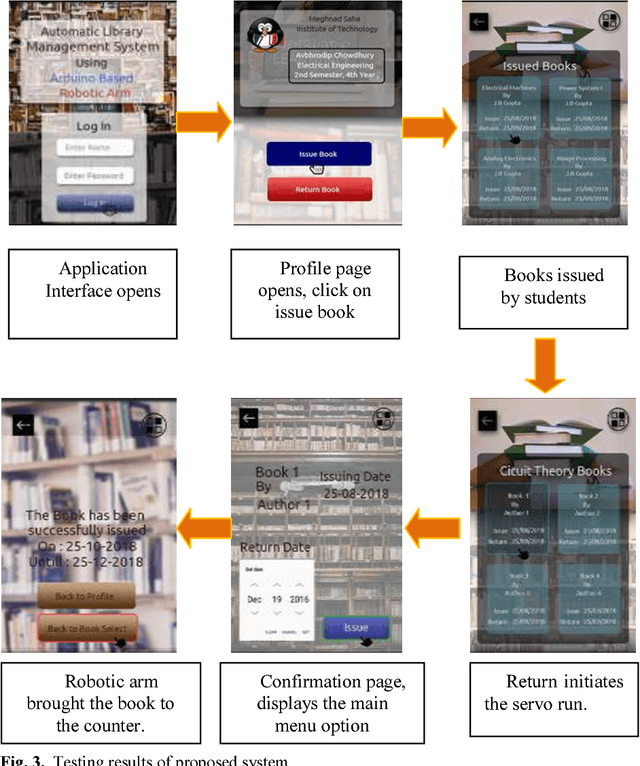Samrat Ghosh
Yes, this is what I was looking for! Towards Multi-modal Medical Consultation Concern Summary Generation
Jan 10, 2024Abstract:Over the past few years, the use of the Internet for healthcare-related tasks has grown by leaps and bounds, posing a challenge in effectively managing and processing information to ensure its efficient utilization. During moments of emotional turmoil and psychological challenges, we frequently turn to the internet as our initial source of support, choosing this over discussing our feelings with others due to the associated social stigma. In this paper, we propose a new task of multi-modal medical concern summary (MMCS) generation, which provides a short and precise summary of patients' major concerns brought up during the consultation. Nonverbal cues, such as patients' gestures and facial expressions, aid in accurately identifying patients' concerns. Doctors also consider patients' personal information, such as age and gender, in order to describe the medical condition appropriately. Motivated by the potential efficacy of patients' personal context and visual gestures, we propose a transformer-based multi-task, multi-modal intent-recognition, and medical concern summary generation (IR-MMCSG) system. Furthermore, we propose a multitasking framework for intent recognition and medical concern summary generation for doctor-patient consultations. We construct the first multi-modal medical concern summary generation (MM-MediConSummation) corpus, which includes patient-doctor consultations annotated with medical concern summaries, intents, patient personal information, doctor's recommendations, and keywords. Our experiments and analysis demonstrate (a) the significant role of patients' expressions/gestures and their personal information in intent identification and medical concern summary generation, and (b) the strong correlation between intent recognition and patients' medical concern summary generation The dataset and source code are available at https://github.com/NLP-RL/MMCSG.
Microcontroller Based Robotic Arm Development for Library Management System
Dec 29, 2018


Abstract:With the advancement of robotics, automation in various industries and processes has become widespread. This project aims to introduce library automation system, which addresses the fulfillment of the objectives of automatic retrieval of queued books, arrangement of returned books on the racks as well as automated updating of the library database. The proposed system is based on the Arduino microcontroller and python programming Microcontroller based robotic arms are used to fetch books from or return books to the different shelves in the library. The library database is also updated after completion of an action. The uniqueness of the proposed system lies in the fact that it can be applied to any existing library and is capable of handling individual books rather than a bulk. The system aims to bring new dimensions to the concept of library automation.
 Add to Chrome
Add to Chrome Add to Firefox
Add to Firefox Add to Edge
Add to Edge